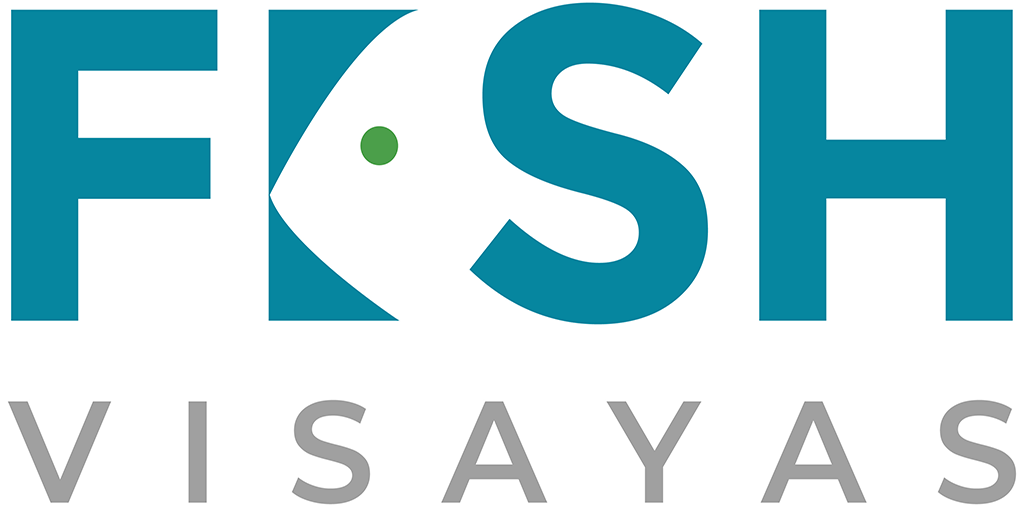AFOS FISH Visayas, LGU Lalibertad, BFAR, and TESDA launched the Simplified Sustainable Livelihood Enhancement and Empowerment Program (SSLEEP).
The program launch was joined by the Beneficiaries of FISH Visayas (AFOS Foundation) Project – La Libertad Project Site, NOCCI, TESDA, and BFAR. Held at La Limar Resort, La Libertad, Negros Oriental, on July 14, 2021, the program aims to provide alternative livelihood and urban gardening training. The event was conducted through a convergence forum and showcased urban gardening in two categories: communal and household gardening. FISH Visayas is a project of the AFOS Foundation that promotes sustainable fisheries and related food value chains in Central Visayas.
The COVID-19 Pandemic continues to negatively impact the food security status of the Filipinos, according to the Department of Science and Technology’s Food and Nutrition Research Institute’s (DOST-FNRI) Rapid Nutrition Assessment Survey (RNAS) conducted from November 3 to December 3, 2020.
According to the survey, six out of 10 or 62.1 percent of surveyed households reported moderate to severe food insecurity. Food security is particularly high in families with kids (70% of respondents) and pregnant members (80% of respondents). Moreover, the survey also reported that food insecurity spiked during the Enhanced Community Quarantine (ECQ) between April and May 2020.
The families suffering from food insecurities have adapted through different coping strategies to get food during the pandemic. These include adults limiting their food intake for their kids (21.1%), acquiring food through barter (30.2%), borrowing food from neighbors and relatives (66.3%), and buying food supplies through credit (71.7%).
According to the DOST-FNRI’s Expanded National Nutrition Survey (ENNS), food-insecure households have seen an increase from 2018 to 2019. It has shown that households with food insecurity have jumped from 53.9% in 2018 to 64.1% in 2019. It has also been revealed that there was higher food insecurity in rural areas, poor households, households whose head has lower educational attainment, male-headed households, and households whose livelihood is agriculture. Moreover, proper nutrition is crucial, particularly during calamities and pandemics, to stay healthy and avoid contracting various diseases, especially COVID-19.
On the other hand, SSLEEP can help improve the situation of many families in La Libertad to fight food insecurity. Under this Program, TESDA introduces the Urban Agriculture Training to the six (6) coastal barangays of La Libertad. This community is largely composed of fishing communities. Hence, training them on an alternative source of food and income will significantly help them.
The Municipality of La Libertad is a 3rd class municipality in Negros Oriental Province, Philippines. It has a population of 41,089 people, according to the 2020 Census.
